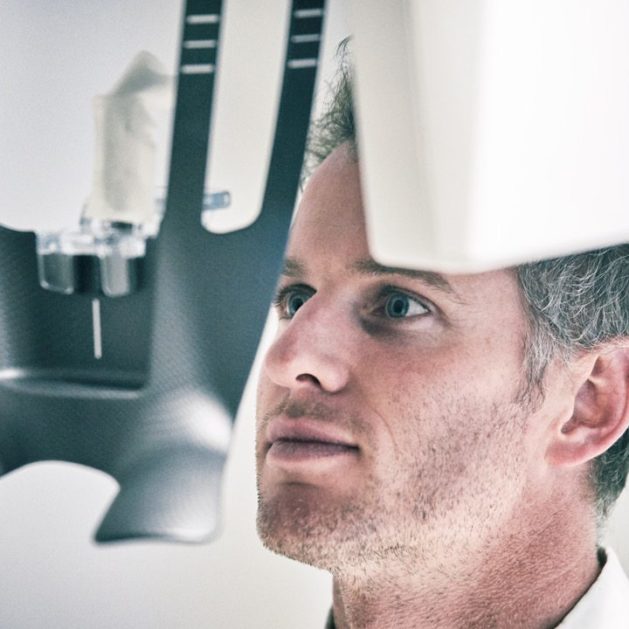If you get in trouble for something outside the surgery will you receive legal representation? Don’t count on it. Dentists are being left vulnerable to a bullish GDC by overstretched indemnifiers.
As the volume of pay outs climbs they are tightening up. They expect claims on implants and undiagnosed perio to escalate (and possibly facial aesthetics too), so they have been raising premiums significantly.
But those premiums only go so far. They don’t match the GDC’s zeal for sanctioning dentists for non-clinical offences. Here’s an example of what should happen.
Last year the GDC wanted to publish a warning (requiring disclosure in future job applications) about a dentist for a minor motoring offence. Dental Protection blocked it on the grounds that the GDC was being “unjust and procedurally inappropriate”.
The GDC, miffed, conceded the dentist’s fitness to practise was not impaired, but then it pursued the case again. In a second Judicial Review Dental Protection won again, with judge Lady Wolffe noting that it was difficult to find a rational explanation for the GDC’s behaviour.
What would have happened if the dentist wasn’t represented? It’s obvious. The best known recent example is Ronald Pate, a dentist who made these posts on a GDPUK thread the day after the Manchester bomb attack in May 2017:
“Continue with this appeasing and woolly approach and soon we will see Sharia Law recognised, a majority of Muslim MP’s [sic] and say goodbye to the country,” and “Its [sic] time these sewers of towns were cleansed.”
Pate faced the GDC alone and didn’t do well. The arguments he made — that he was referring to Islamic terrorists, not all Muslims, that the posts were written in a private message thread inaccessible to the public, and that he may have made the posts in “haste and anger” — would have carried more weight if made by an experienced legal representative.
He was found guilty of serious professional misconduct. Inconveniently Pate had already retired, so the GDC had to force him to stay on the register so it could suspend him from it for four months.
Will your indemnity provider represent you if a non-clinical issue lands you in trouble? Don’t assume it will. Ask it, and change providers if necessary.

